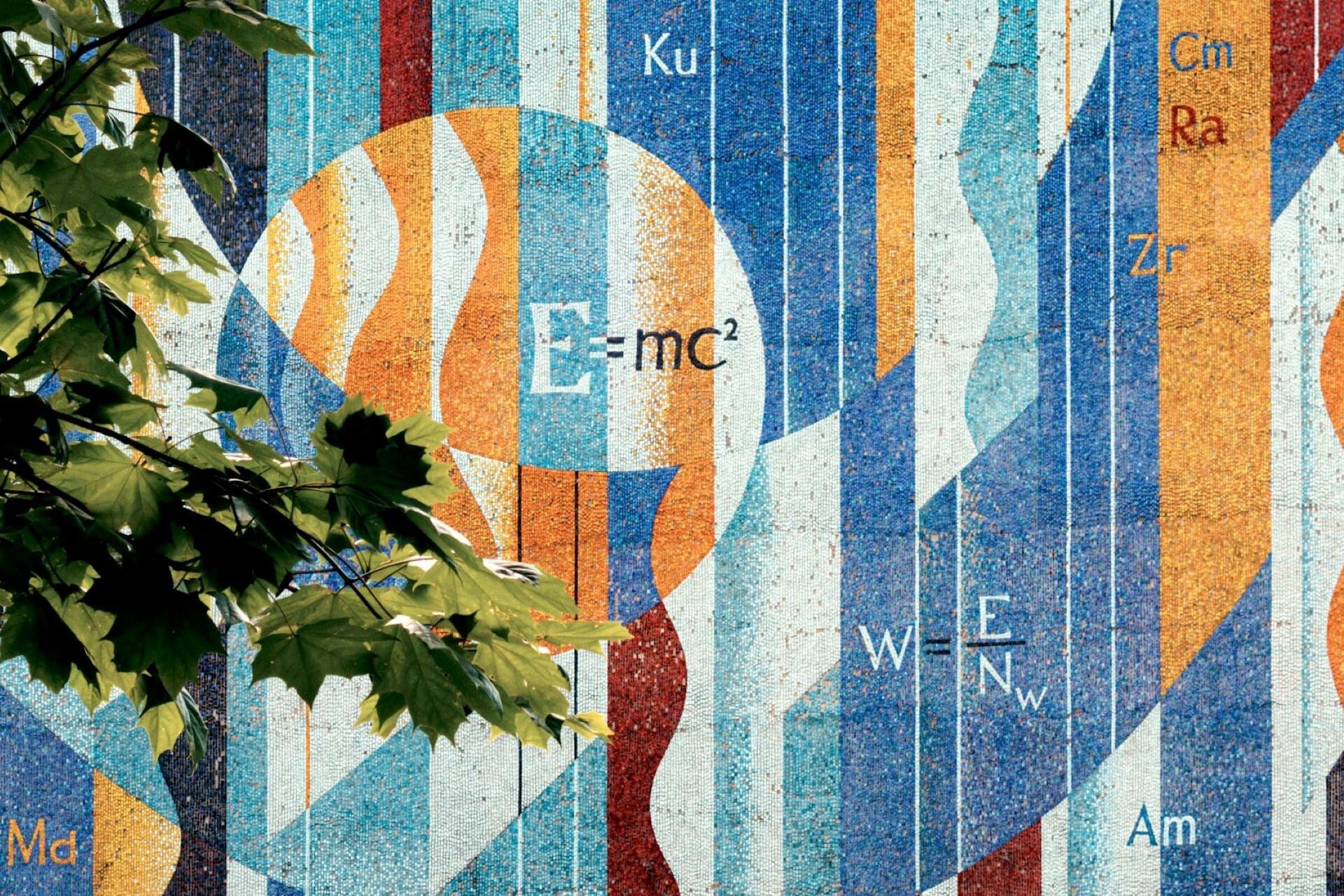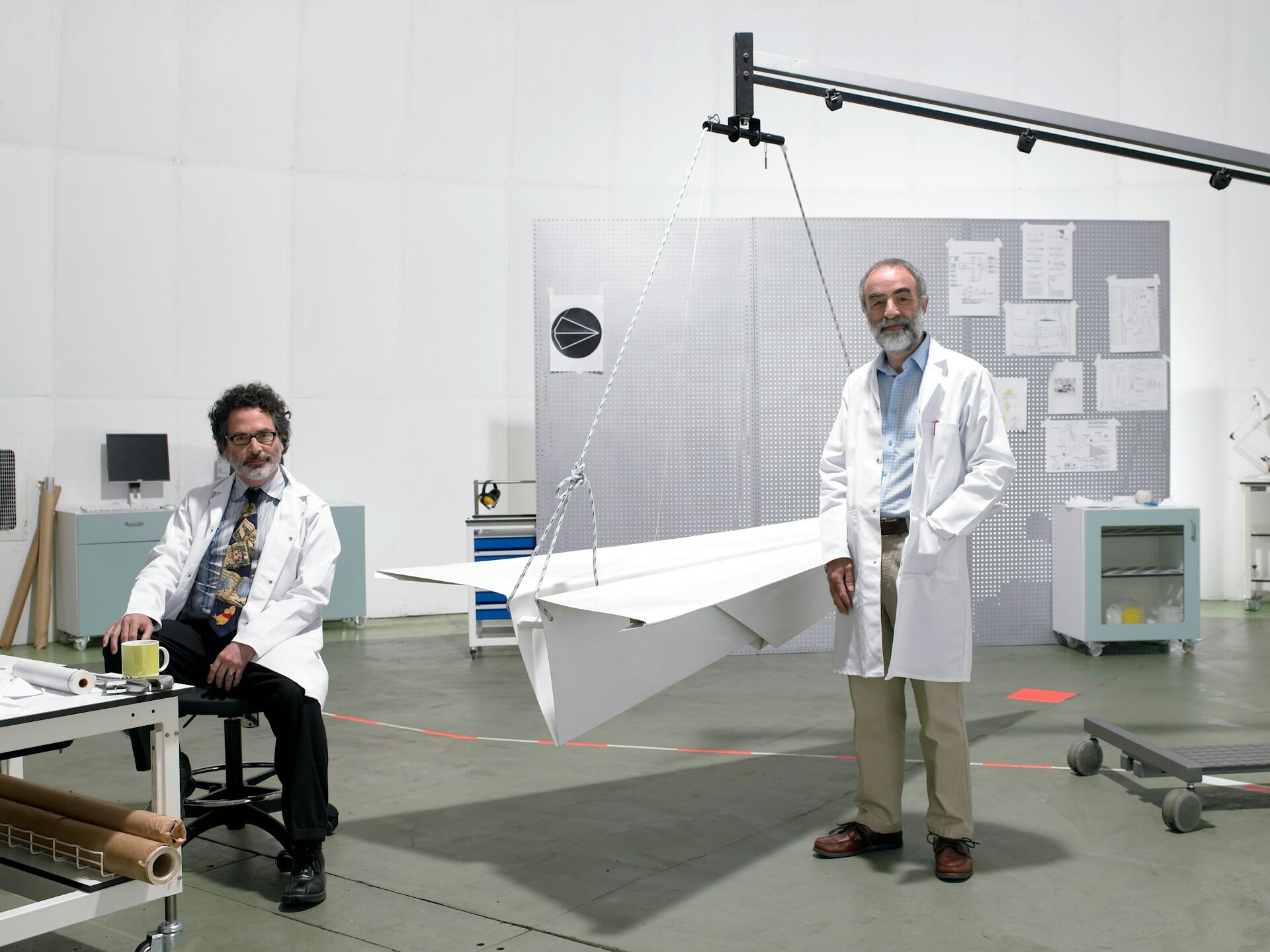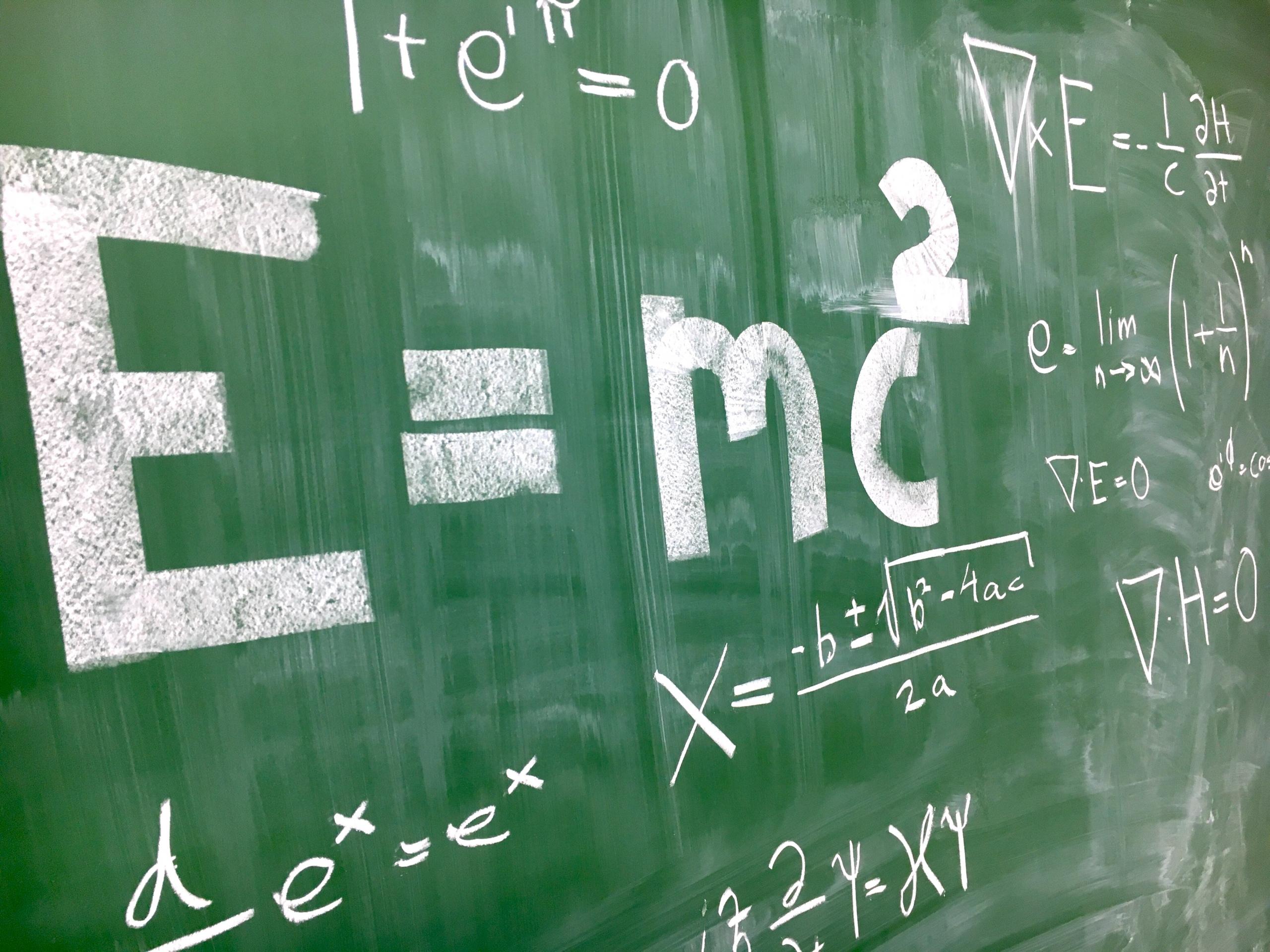As you might be able to guess from the name, mathematical physics is a combination of math and physics. More specifically, the field uses mathematical methods and applies them to physics.
In physics, this can include things like complex variables, differential equations, infinite series, integral equations, integral transforms, matrix algebra, and vector spaces. By extension, a mathematical physicist would look to problems in physics before working on the mathematical approaches needed for physical theories.
The inclusion and use of mathematics in physics is hardly a modern phenomenon and ancient Greeks including Euclid, Archimedes, and Ptolemy all used mathematics to help them understand the world around them.
The mathematical applications used by these great thinkers would be later built upon by Islamic and Byzantine scholars. The application of math to the world around us helped lead to ideas such as heliocentrism or the idea that our earth orbits the sun (and not the other way round).
Math's relationship with physics continued and the use of calculus gave us Newton's theory of motion and the law of universal gravitation, for example. It has also helped us explain fluid dynamics, Fourier series, and the mathematical foundations for electricity and magnetism. Relativity wouldn't be possible without mathematical physics and we would have never been able to work on quantum theory without it.
It's a hugely important part of physics and the field wouldn't be possible without it. In this article, we're going to see what the difference is between mathematical physics and physics, whether or not mathematical physics is a good career, the best cities for mathematical physicists, and which schools offer the best mathematical physics programs.

What Is the Difference Between Mathematical Physics and Physics?
Math is a fundamental part of physics, but there are a few differences between mathematical physics and physics.
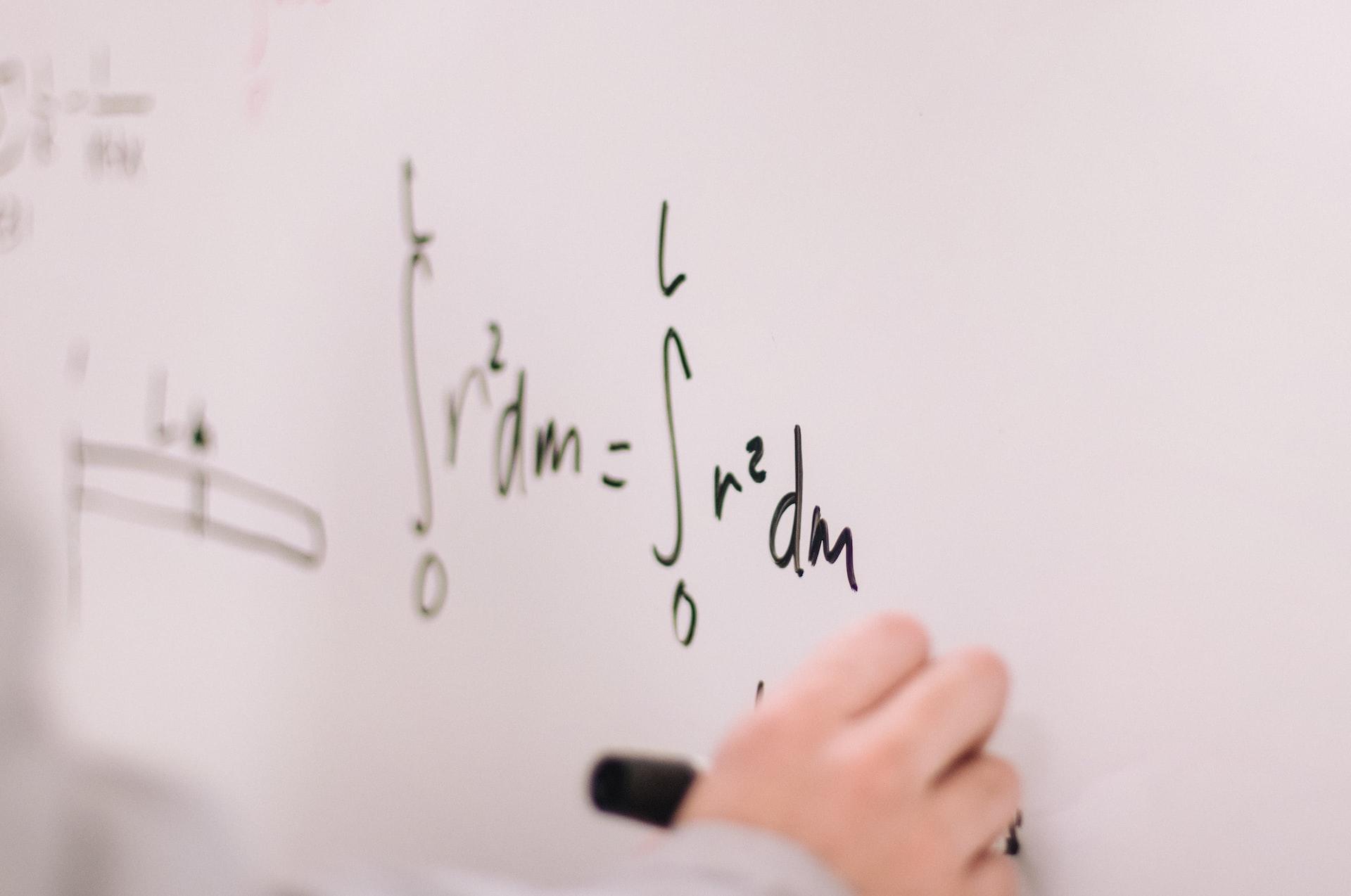
You can quote Einstein on this one, who said "Since the mathematicians have invaded the theory of relativity I do not understand it myself anymore." Just keep in mind that this is more about understanding physics. Math will naturally explain physics more numerically and, in certain ways, far more accurately than human language ever could.
Mathematical physics, like math itself, isn't about making physics easier to understand, it's about accuracy and using mathematical concepts within physics. Though the results will be more concrete and verifiable, it'll only be the mathematicians who'll fully understand them.
Theoretical physics is the field that overlaps the most with mathematical physics. However, theoretical physics exists to develop the theories that explain how our universe works by looking at experiments and using theories to make and form predictions based on them. Naturally, this can be done with mathematics and a theoretical physicist will have an excellent grasp of mathematics, but their main objectives aren't always to put pure numbers to what is being observed experimentally.
Mathematical physics is about taking concepts and hypotheses and finding the purely mathematical relationships involved. Mathematical physicists will look to the theories from theoretical physics and develop the mathematics which can then be used and applied to theoretical and experimental physics.
To massively oversimplify, you could say that experimental physicists observe phenomena, theoretical physicists try to describe said phenomena and develop theories to explain them, and mathematical physicists take the theories and apply mathematical methods to them.
Naturally, the boundaries of these roles can be quite blurry in practice so don't think that an experimental physicist never does any math or that a mathematical physicist has never been involved with an experiment. They're all part of a spectrum upon which physicists and mathematicians work to give us a better understanding of our universe.
Is Mathematical Physics a Good Career?
To work out whether or not mathematical physics is a good career, we'll need to consider how much mathematical physicists can expect to earn, how easily they'll find work, how they can likely progress in their field, and their overall job security.
Learn the ins and outs of Physics through physics lessons.

There's also the subjective side to mathematical physics to consider, but your overall job satisfaction will be largely dependent on whether or not you enjoy mathematical physics. However, if you don't enjoy mathematical physics or have any interest in it, then it's really not worthwhile considering it as a career.
If you are interested in mathematical physics, then there are some good reasons to get involved. The average mathematical physicist salary is around $115k a year, though the overall range is between $56k and $185k, making it hard to say exactly what you'll earn.
This range is likely due to the educational background of mathematical physicists. Naturally, those with more advanced degrees are likely to earn more as they're more qualified and across all degrees in the US, those with a master's degree earn an average of $98k a year and those with a doctorate earn an average of $141k.
Those with qualifications in mathematical physics are highly sought after in both academia and industry so finding work is generally quite easy for them. However, for those wanting to work directly in mathematical physics, funding has been declining so your mathematical physics background mightn't take you directly to mathematical physics research.
That said, for careers in academia, your level will go a long way to securing roles so those with a Ph.D. in mathematical physics are more likely to find positions than those with a postgraduate degree or an undergraduate degree.
Which Cities Are Best for a Mathematical Physicist?
When it comes to which cities are best for mathematical physicists, you'll want to be in places where a lot of research is going on or where you can find the appropriate industries.

If you're thinking of becoming a mathematical physicist and looking to stay in academia, then you'll want to look to the cities with schools that have strong physics departments. The good news is that the US is home to a lot of them.
This includes schools like the Massachusetts Institute of Technology (MIT) and Harvard University, which are both located in Cambridge, Massachusetts. Cambridge, Massachusetts, marks itself as one of the top cities to be a mathematical physicist.
In California, Stanford University, the University of California Berkeley, and the California Institute of Technology (Caltech) all rank highly for their physics departments and research so a lot of Californian cities are worth considering, too. Santa Barbara is also worth mentioning for the reputable University of California, Santa Barbara.
You could also consider Chicago, Illinois, for the University of Chicago or New Haven Connecticut, where you'll find Yale University. New York City has a lot of things, but Columbia University is somewhere that mathematical physicists could look to settle down.
Several European cities are also worth looking at. In the United Kingdom, both the University of Cambridge and the University of Oxford are excellent centers for research and can be found, naturally, in the cities of Cambridge and Oxford respectively.
You might also be interested in Japan and Tokyo. The University of Tokyo is a highly reputable academic institution that also conducts a lot of physics research.
Of course, beyond the schools and research centers in each city, it's also a good idea to think about your own personal preferences and the kinds of cities that you'd like to live in.
Find a physics tutor Los Angeles or wherever you're located easily when you search on Superprof.
Which Schools Offer the Best Mathematical Physics Programs?
California Institute of Technology (Caltech) – Pasadena, CA
Caltech is a popular choice for math and science. It's highly rated across the board for various scientific subjects and degree paths and should be considered by anyone thinking about studying mathematical physics.
Carnegie Mellon University – Pittsburgh, PA
Carnegie Mellon University offers an excellent range of options for undergraduates, graduates, and researchers. Their relatively small department focuses on subatomic physics, quantum electronics, cosmology, and biological physics.
Case Western Reserve University – Cleveland, OH
Case Western Reserve University offers a B.S. Mathematical Physics Concentration. This highly-recommended program is perfect for students with an interest in mathematical physics and will have them moving away from experimental physics (though not completely) and toward mathematics.
Harvard University – Cambridge, MA
Harvard University is always in the conversation when talking about the top schools in the country and when it comes to mathematical physics, it's also worthy of a mention.
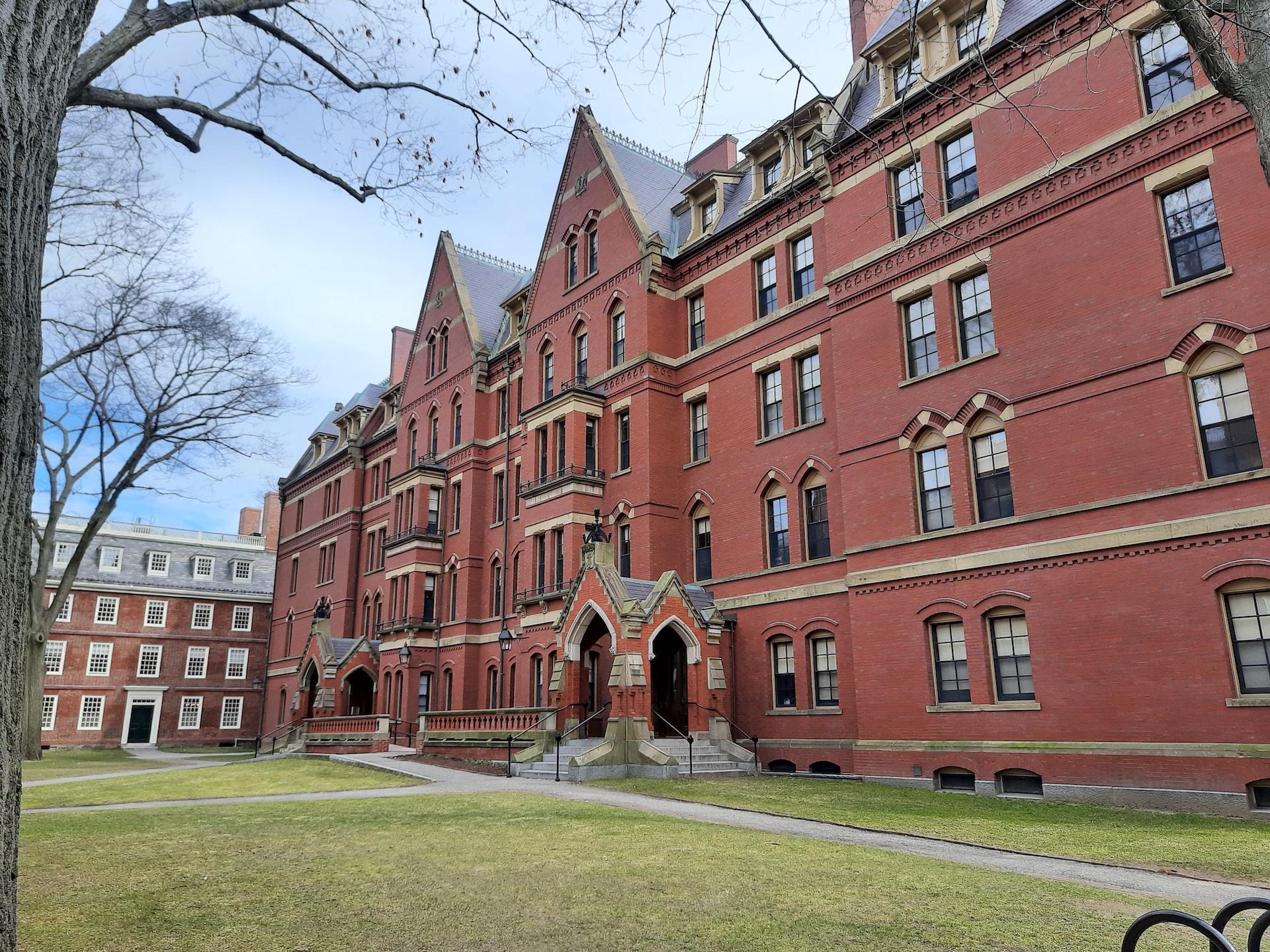
If you want to study mathematical physics, this is one of the best places to go.
Harvey Mudd College – Claremont, CA
Harvey Mudd College offers a joint major in mathematics and physics. After all, mathematical physics exists because the two fields are so reliant on one another.
With this course, students will be able to continue their studies in either math or physics or go straight into work if they prefer.
Of course, these are just a few of the best schools for mathematical physics and you'll also need to think about your own personality, where these schools can be found, and the kind of lifestyle you're after as both a student and your career.
Also, online physics teachers are like beacons of knowledge in the digital universe, illuminating the pathways of understanding for eager learners.
Summarize with AI:
















